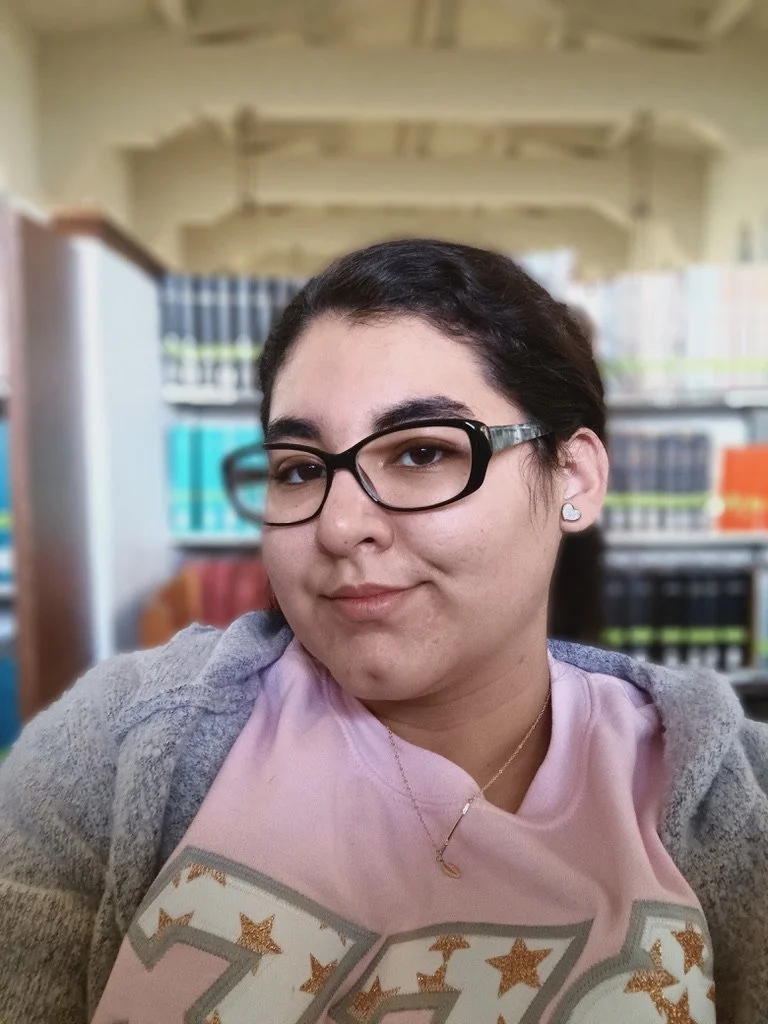"Swimming Lessons: A Review of Karen Poppy's 'Diving at the Lip of the Water'" by Jaclyn Navar
Without needing to take a swimming lesson, I am already diving into a sea of memories, emotions, and possible futures based on the poems in Karen Poppy’s first full-length collection of poems, Diving at the Lip of the Water (Beltway Editions, May 2023). Her work tackles gender and social expectations, which truly made me reflect on myself. Poppy is a non-binary author and a part of the LGBTQ+ community, as well as a licensed attorney. Her voice is strong and vibrant in all her works, including the chapbooks our own beautiful brutality (Finishing Line Press, 2021), Crack Open/Emergency (Finishing Line Press, 2020), and Every Possible Thing (Homestead Lighthouse Press, 2020). We’ve featured her work previously, in Issue Two (Fall 2018) of MORIA: "Grandma in Prada, Fishing" and "The Wednesday Gloves.”
The full-length book is split into five parts. Each of the parts details what I understand as a moment in time when Poppy is extremely vulnerable as a writer. The first poem in part one is "Womb,” which seems to birth a new interpretation with every reading. It begins, “Interior sister, liminal, as in / moving towards change, liminal,” which sets the stage for my journey of tears as a reader. “Womb” is a poem about the future; it exists in a cross-over, gateway space and explores hope, “[a]s in close to imperceptible. / Close to, as within you.” I understood this poem as wanting to find yourself and be home, where it is safe. After reading the poem again, there is also a layer of identity, finding and becoming who you want to be, and a sense of the pastoral, which is renewing: “She will live as a field of flowers.”
The last poem of part two is the titular poem, “Diving at the Lip of the Water,” and addresses Poppy’s queerness as a non-binary, lesbian author, who must deal with homophobia and societal expectations. The poem starts with two quotes, one from author Judy Grahn and a second from a website called “Fascinating Africa,” which explain the origin and linguistics of the word(s) “bulldike/bully” and “the common duiker.” The poem for me is one of healing and reclaiming words meant to discriminate against others. “Diving at the Lip of the Water” is one of the longer poems in the book, which filled me with so many emotions in each stanza: “Some things, especially hate, / Can mark you. They have / Marked me. Call me what / You will. I love you. As I do, unconditionally.” In the section of the poem where Poppy talks about loving across the spectrum of gender and sexuality, I’m left with such a pure moment of connection as a reader. It is a poem that insists on the queer community taking control of their own narrative, making sure people’s voices and names are remembered, and—most importantly—insisting on a life lived without fear.
The last poem of this book is called “My True Life on this Earth.” I found the poem to be hopeful. This is one instance where it comes full circle from “Womb” and ends the book on self-assured confidence: “Exactly alive, I am / What I always wanted.” This line is one that echoed with my own hopes of who I strive to be, walking towards a new future, as the speaker is solid in their “own existence” as a speaking subject.
Overall the poetry book was a great pleasure to read. Some poems were impactful in a way that left me breathless. These themes need to be spoken out loud but will be hard for some readers to digest—for instance, the darker content, such as the violence of sexual assault and the journey to come back from it. In my experience of reading Diving at the Lip of the Water, I found that the personal reflection that’s necessary to understand some of the prompts makes for an amazing collection to sit down and be drawn in by.
Jaclyn Navar
Jaclyn Navar is a Mexican-American poet, writer, and storyteller. She was the MORIA Literary Magazine Managing Editor for Issue 11. She is an Interdisciplinary Studies major at Woodbury University in Los Angeles, concentrating in film and psychology. They are obsessed with the color pink and have mentioned that fact at open mics like Verse Come Verse Serve. She is also a member of the Phi Sigma Sigma sorority on campus.

